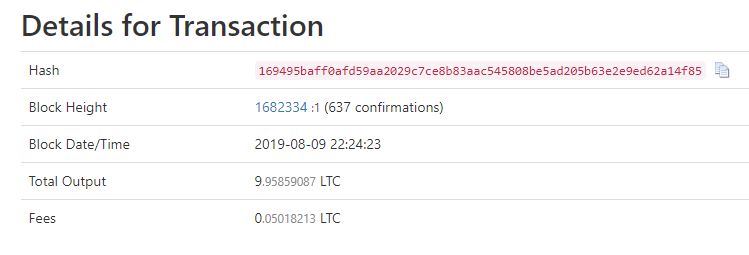According to a tweet by the official account of Binance, the exchange is claiming about a dusting attack on the fourth biggest altcoin, Litecoin (LTC). This tweet also gives a link to a transaction made through this attack and links to a blog which tells about dusting attack. In these types of attacks, attackers try to break the privacy of crypto users and their wallets.
This tweet links to a transaction in which a total of 9.95859087 LTC was sent to 50 different addresses.

According to this research:
The phenomenal growth in the value of cryptocurrencies like Bitcoin over recent years has attracted investors, speculators, and thieves. In the last two years alone, some of the best and brightest criminal minds made off with $1.2 billion in cryptocurrency from exchanges.
In 2018, at least $725 million was lost in different scams, exit schemes and fraudulent initial coin offerings (ICOs). The CipherTrace listed the top ten threats to cryptocurrency and considered SIM swapping at the top, which is a kind of identity theft involving taking control over the victim’s phone number, usually to obtain access to two-factor authentication codes.
According to the report, another major threat was crypto dusting which involves the breaking of the privacy of Bitcoin and cryptocurrency users by sending tiny amounts of coins to their personal wallets.
This tweet also leads to a blog explaining the dusting attacks. This blog defines dusting attacks as:
A dusting attack refers to a relatively new kind of malicious activity where hackers and scammers try and break the privacy of Bitcoin and cryptocurrency users by sending tiny amounts of coins to their personal wallets. The transactional activity of these wallets is then tracked down by the attackers, who perform a combined analysis of several addresses as an attempt to identify the person or company behind each wallet.
These attacks are growing in number, that’s why the countries are hesitant to adopt cryptocurrencies and lawmakers are enforcing regulations. Crypto services providers and exchanges should develop unbeaten security algorithms to protect users from such kinds of attacks.










